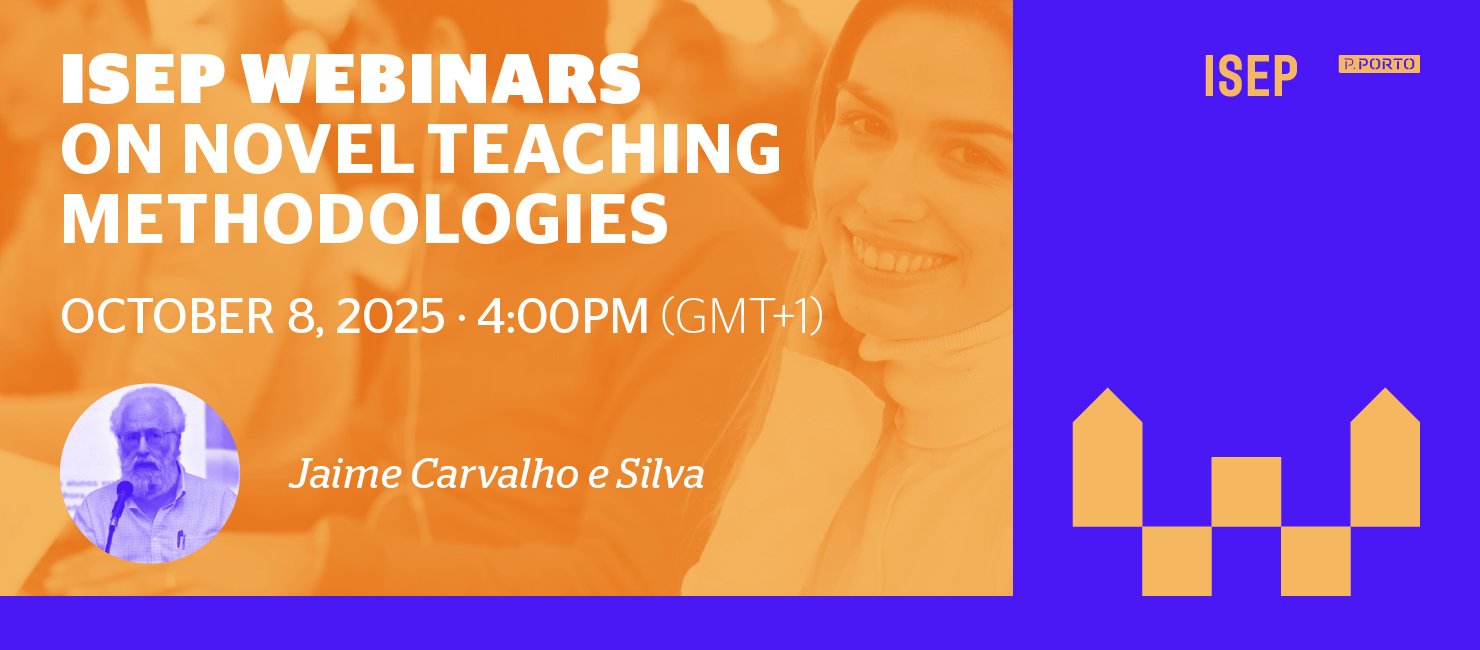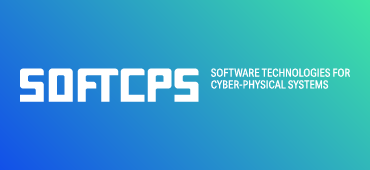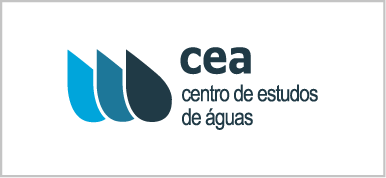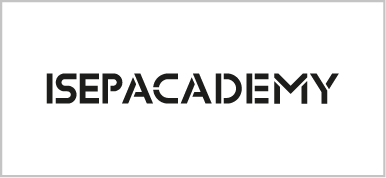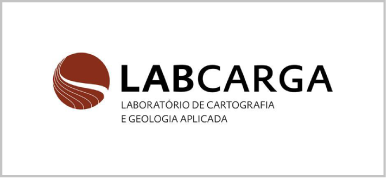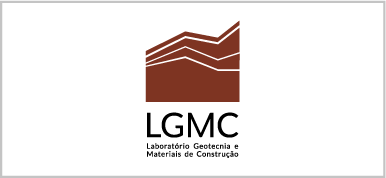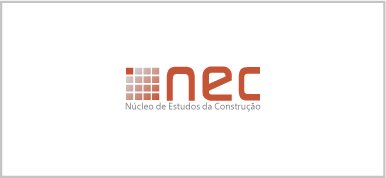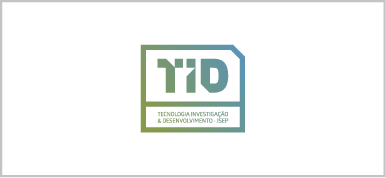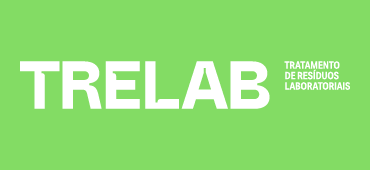.jpg)
On October 8, at 4:00 p.m., there will be a session of ISEP Webinars, organized by “Instituto Superior de Engenharia do Porto” (ISEP).
This seminar, presented by Jaime Silva, has as its theme “The unfathomable challenges of AI in education.”
To access the seminar, please click here.
Abstract
Justin Reich, Director of the MIT Teaching Systems Lab writes in the report "A Guide to AI in Schools” that to determine how useful AI might become is just like preparing a guide for the development of Aviation in 1905, just two years after the Wright Brothers launched their first plane.
It is really difficult to understand how AI (in fact Generative AI using Large Language Models-LLM) can or should be used in Education. LLM are very peculiar pieces of software that use large databases to give users answers that can be perfect or completely wrong. It his notably difficult to understand why it works without knowing Statistics, one of the more important and more difficult tools to grasp in our time.
Stephen Wolfram used a LLM to combine with Wolfram Alpha and give powerful answers to users, for a price. Others have done similar things, like in the case of Geogebra and Khan Academy. Is this the way to go?
Others have predicted that Education can be fully automated and will be able to cater for the individual needs of each students.
Another difficult question is: if AI is solving most (all?) problems, what will we need to study in school in the XXIst century?
These discussions are strangely similar to the discussions made in the XIXth century around the teaching of calculations and the use of mechanical devices (like the Arithmometer). A famous French Pedagogue wrote that "we must carefully banish from schools those modern inventions which, under the pretext of progress, exempt the child from reflecting, thinking and speaking” and “The most appropriate means for making arithmetic lessons intuitive are the ten fingers, the blackboard and a piece of chalk.”.
The challenge being unfathomable we will nevertheless advance some ideas on the way we could tackle it.
References
Julie M. Smith, Jesse Dukes, Josh Sheldon, Manee Ngozi Nnamani, Natasha Esteves, and Justin Reich (2025).
A Guide to AI in Schools: Perspectives for the Perplexed. Retrieved from https://tsl.mit.edu/ai-guidebook/ .
Stephen Wolfram (2023), "Wolfram|Alpha as the Way to Bring Computational Knowledge Superpowers to ChatGPT," Stephen Wolfram Writings. writings.stephenwolfram.com/2023/01/wolframalpha-as-the-way-to-bring-computational-knowledge-superpowers-to-chatgpt .
Carvalho e Silva, Jaime (2025). Computational thinking versus artificial intelligence in mathematics teaching. International Journal of Mathematical Education in Science and Technology, 56(8), 1426–1437. https://doi.org/10.1080/0020739X.2025.2496695 .
Bio
Jaime Carvalho e Silva was born in Coimbra (Portugal), Ph.D. in Mathematics (Partial Differential Equations). Associate Professor at the University of Coimbra. Studied at the University of Paris 6, and visited at the Arizona State University (USA). Main advisor of Master and Ph.D. students in Pure Mathematics, Mathematics Education and History of Mathematics.
Coordinated several committees that wrote the math syllabus used in Portuguese Secondary Schools (10th to 12th grades), including new courses like "Applied Mathematics for the Social Sciences", "Mathematics for Art Students" and math modules for vocational schools. Coordinated a group that in 2020 produced a report with Recommendations for the improvement of Mathematics Education in Portugal, commissioned by the Portuguese Government.
Member-at-Large of the Executive Committee of ICMI-International Commission on Mathematical Instruction from 2006 to 2009 and Secretary-General of ICMI from 2010 to 2012.
